Fish Farms at Sea: The Ground Truth from Google Earth

The fishing industry is notorious for underreporting the number of organisms that are being fished out of the world’s oceans every year. A study, published in the journal PLoS ONE, is the first to estimate seafood production using satellite imagery. Researchers used Google Earth to count and measure the number of coastal fish farms in 16 countries on the Mediterranean Sea.
Pyramids Planted to Revive Philippine Corals
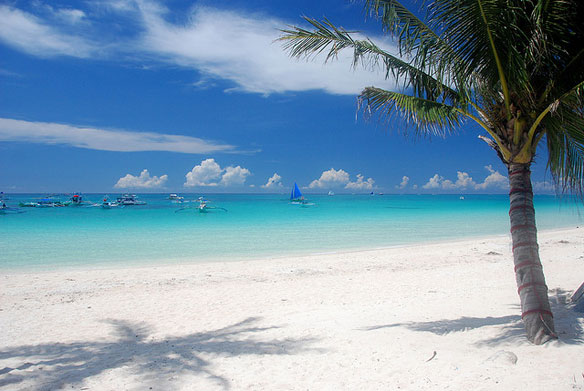
Thousands of small “pyramids” are being planted off the Philippines’ famous Boracay’s coast in an effort to bring its nearly destroyed coral reefs back to life, an environment group said Thursday.
Delta State Government Bans the Dredging of Sand, Nigeria
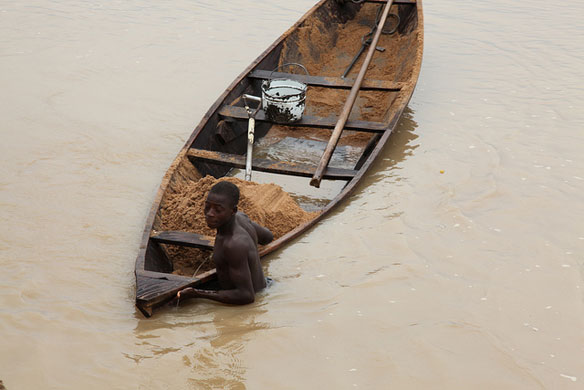
The Niger Delta State Government has banned the dredging of sand in the 25 local governments. Commissioner for Environment Frank Omare said yesterday after a meeting with sand dredgers in Asaba, the state capital, that the directive was to save communities from ecological disaster.
NASA Mission Takes Stock of Earth’s Melting Land Ice

In the first comprehensive satellite study of its kind, a University of Colorado at Boulder-led team used NASA data to calculate how much Earth’s melting land ice is adding to global sea level rise. Earth is losing a huge amount of ice to the ocean annually, and these new results will help answer important questions in terms of both sea rise and how the planet’s cold regions are responding to global change.
Mining Black Sand, Lingayen, Philippines
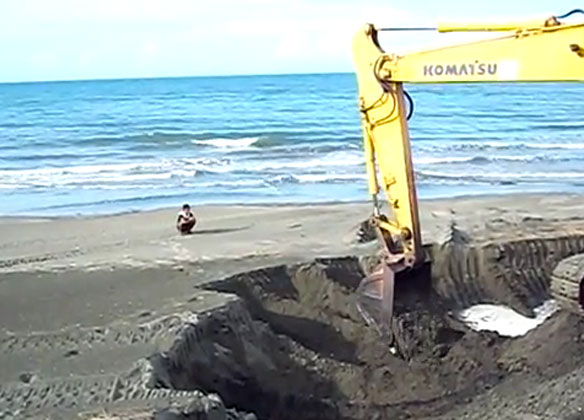
The black sand of coastal villages facing the Lingayen Gulf, Philippines, is being mined for magnetite, a highly-valuable mineral used by industrial companies. The once pristine beaches are now destroyed and coastal erosion alarms residents.
Prince Charles Optimistic for Fisheries’ Future
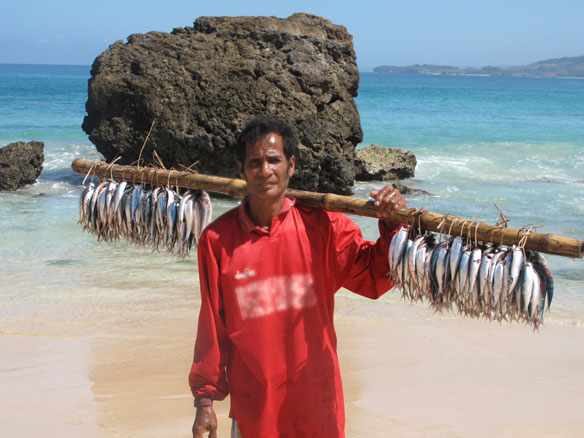
There are reasons for optimism about the future of the world’s fish stocks despite their currently dire state, said the Prince of Wales at the launch of a report from his green think-tank.
Residents split over dredging plan for giant cruise liners, UK
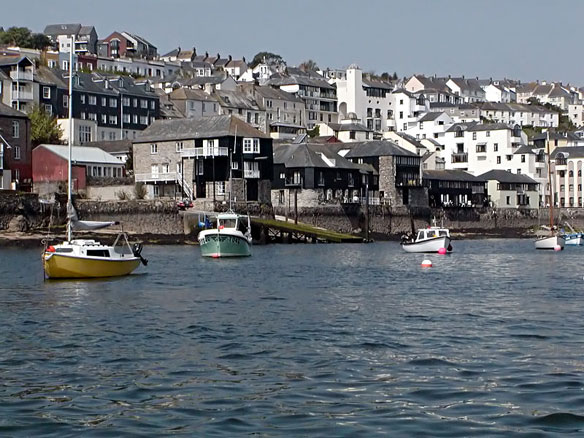
A controversial plan to dredge a channel through part of Falmouth Bay – one of England’s finest stretches of marine habitat- to open up the port to giant cruise ships, has caused consternation among conservationists and the dispute will test European rules to protect ecosystems.
Palm Beach County’s new beach erosion fight reignites sea turtle concerns
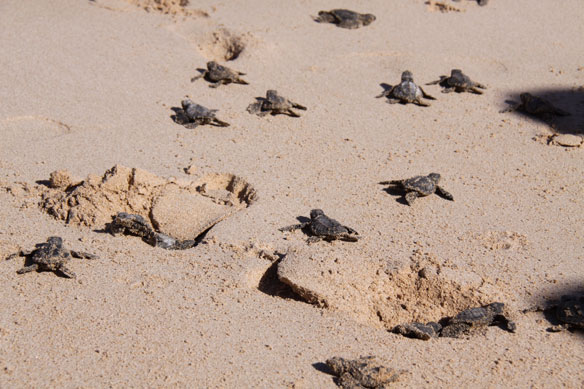
About two-thirds of Palm Beach County’s 46 miles of beach is considered “critically eroded,” according to state standards, and environmentalists question proposed beach erosion-fighting structures.
Are Jellyfish Increasing in the World’s Oceans? A UCSB Study
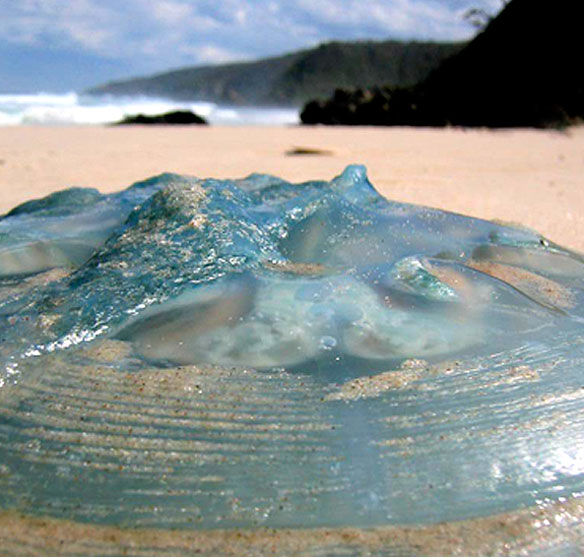
Blooms, or proliferation, of jellyfish have shown a substantial, visible impact on coastal populations, clogged nets for fishermen, stinging waters for tourists, even choked intake lines for power plants, and recent media reports have created a perception that the world’s oceans are experiencing increases in jellyfish due to human activities such as global warming and overharvesting of fish.
